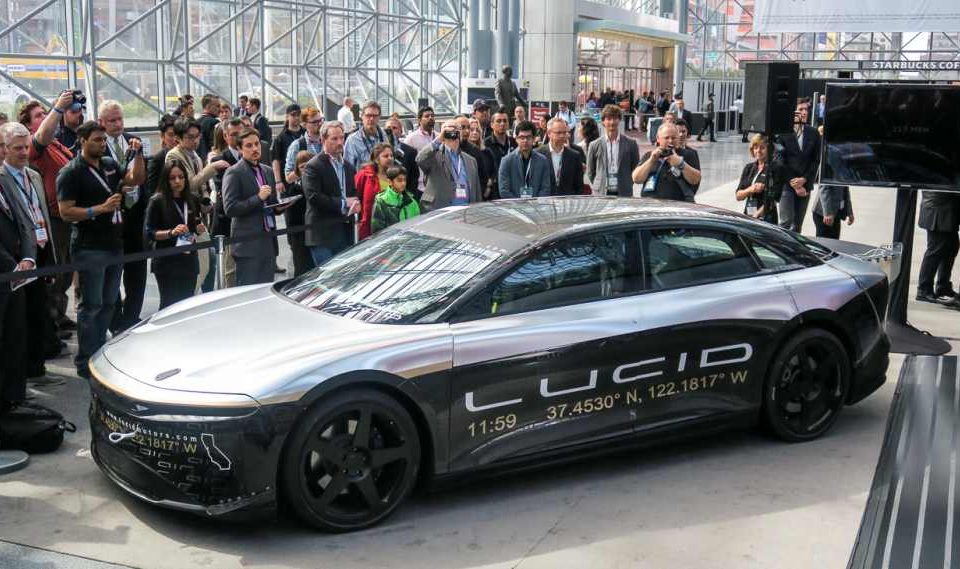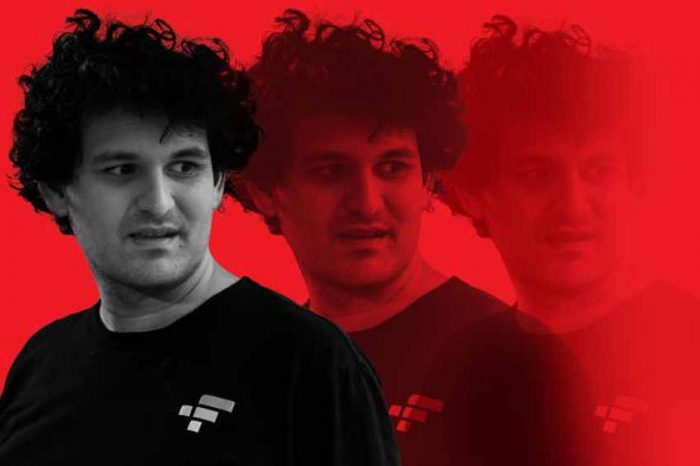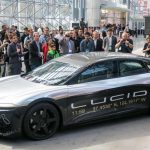EV tech startup Lucid to lay off 1,300 employees, or about 18% of its workforce

Luxury electric vehicle startup Lucid Group announced Tuesday it is laying around 1,300 employees, or about 18% of its workforce, as part of a restructuring plan and cut-cutting measures. The news comes just a month after the company’s 2023 production target fell short of analysts’ expectations. The maker of the Air luxury sedan also reported a major drop in orders during the fourth quarter.
Lucid Group is the latest in a series of tech companies that have announced layoffs in recent months. Just last week, US-based job search platform Indeed laid off 15% of its workforce, or about 2,200 staff. In addition, tech giants including Amazon, Spotify, Google’s Alphabet, and Nvidia have all taken measures to rein in spending. Other companies like Coinbase, Shopify, Netflix, and Twilio have also announced layoffs.
In a letter titled “Difficult News Today,” Lucid CEO Peter Rawlinson said that “given evolving business needs and productivity improvements, [the company is] reducing the size of [its] organization by approximately 18%, which will affect Lucid employees and contractors.” He also added that the company’s workforce in the US will see reductions in nearly every organization and level, including executives.
“Earlier today, I announced the difficult decision to reduce our workforce at Lucid. Given evolving business needs and productivity improvements, we are reducing the size of our organization by approximately 18%, which will affect Lucid employees and contractors. This action is aligned with the cost discipline announcement we made in late February when we reported earnings. We are also taking continued steps to manage our costs by reviewing all non-critical spending at this time.”
The layoff will cost the company between $24 million and $30 million in related charges. Lucid, which had about 7,200 employees at the end of last year, expects to substantially complete the restructuring plan by the end of the second quarter.
“We are also taking continued steps to manage our costs by reviewing all non-critical spending at this time,” Rawlinson said.
The global economic downturn that started in the second quarter of 2022 is beginning to have a major impact on tech companies. At least 517 companies have let go of 152,858 tech workers, according to Layoffs.FYI, a site that has been tracking all tech layoffs using data compiled from public reports.
Early this month, Facebook-parent company Meta announced it would cut 10,000 jobs, just four months after it let go of 11,000 employees, making the social giant the first Big Tech company to announce a second round of mass layoffs. Last month, Rivian also said it would let go of 6% of its workforce in an effort to cut costs.
The California-based Lucid was founded in 2007 by Andrew Burns and Sam Weng under the name Atieva and originally focused on building electric vehicle batteries and powertrains for other vehicle manufacturers. Just like Tesla in its early days, Lucid Motors sets out to create a car that elevates the human experience and transcends the perceived limitations of space, performance, and intelligence.
Some of the Lucid employees had previously worked at other car companies such as Tesla and Mazda, including Peter Rawlinson, the former VP of Engineering at Tesla, and Derek Jenkins, the former Head of Design at Mazda North America Operations. Its backers include Tsing Capital, Mitsui, Venrock, JAFCO, and others. In October 2016, the company rebranded to Lucid Motors and officially announced its intent to develop an all-electric, high-performance luxury vehicle.
Rawlinson joined Lucid in 2013 as chief technology officer. He later became the CEO of the company in April 2019. Rawlinson said he believes there’s a long runway for the EV start-up’s stock and market cap to surpass traditional automakers and be valued more like Elon Musk’s Tesla.
0001104659-23-037708
